Preço de Yield Guild Games

Aviso legal
A OKX não fornece recomendações de investimentos ou de ativos. Deve ponderar cuidadosamente se fazer trading ou deter ativos digitais é o mais adequado para si, tendo em conta a sua situação financeira. Informe-se junto do seu consultor jurídico/fiscal/de investimentos para esclarecer questões relativas às suas circunstâncias específicas. Para obter mais detalhes, consulte os nossos Termos de Utilização e o Aviso de Risco. Ao utilizar o site de terceiros ("TPW"), aceita que qualquer utilização do TPW está sujeita e será regida pelos termos do TPW. Salvo indicação expressa por escrito, a OKX e os seus afiliados ("OKX") não estão, de forma alguma, associados ao proprietário ou operador do TPW. Concorda que a OKX não é responsável nem imputável por quaisquer perdas, danos e outras consequências que advenham da sua utilização do TPW. Tenha presente que utilizar um TPW poderá resultar na perda ou diminuição dos seus ativos. O produto poderá não estar disponível em todas as jurisdições.
Informações do mercado de Yield Guild Games
Capitalização do mercado = Oferta em circulação × Último preço

Calculadora de YGG


Desempenho do preço de Yield Guild Games em USD
Conversões de Yield Guild Games populares
| 1 YGG em USD | 0,19800 $ |
| 1 YGG em EUR | 0,17421 € |
| 1 YGG em PHP | 11,1365 ₱ |
| 1 YGG em IDR | 3327,17 Rp |
| 1 YGG em GBP | 0,14873 £ |
| 1 YGG em CAD | 0,27495 $ |
| 1 YGG em AED | 0,72725 AED |
| 1 YGG em VND | 5152,22 ₫ |
Sobre Yield Guild Games (YGG)
- Site oficial
- Documento técnico
- Explorador de blocos
Perguntas frequentes sobre Yield Guild Games
Os jogadores que fazem parte da guilda Yield Guild Games se beneficiam do acesso a ativos valiosos no jogo sem a necessidade de pagamento adiantado significativo. Eles podem ganhar recompensas no jogo e lucros com os ativos que usam, criando uma situação em que todos saem ganhando tanto para a Yield Guild Games quanto para seus membros. Além disso, a YGG está continuamente se expandindo para novos mercados de jogos e desenvolvendo produtos e serviços inovadores para ajudar os jogadores a ganhar ainda mais dinheiro. Os exemplos incluem plataformas de cultivo de rendimento e ferramentas de gerenciamento de alianças.
Os jogadores podem se envolver com a Yield Guild Games tornando-se parte de sua rede SubDAO, emprestando seus NFTs para permitir que outros acessem jogos play-to-earn (P2E) e ganhem recompensas. Ao reunir recursos e conhecimentos, a Yield Guild Games oferece oportunidades para os jogadores gerarem renda e participarem da crescente economia do metaverso, criando novos caminhos para o empoderamento econômico e inclusão financeira.
Compre facilmente tokens YGG na plataforma de criptomoeda OKX. Os pares de negociação disponíveis no terminal de negociação à vista da OKX incluem YGG/USDT e YGG/USDC.
Você também pode comprar YGG com mais de 99 moedas fiduciárias selecionando a opção "Compra expressa". Outros tokens criptográficos populares, como Bitcoin (BTC), Ethereum (ETH), Tether (USDT) e USD Coin (USDC), também estão disponíveis.
Além disso, você pode trocar suas criptomoedas existentes, incluindo XRP (XRP), Cardano (ADA), Solana (SOL) e Chainlink (LINK), por YGG com taxas zero e sem slippage de preço usando o OKX Convert.
Para visualizar os preços de conversão estimados em tempo real entre moedas fiduciárias, como USD, EUR, GBP e outras, em YGG, visite a Calculadora do Conversor de Criptografia OKX. A exchange de criptografia de alta liquidez OKX garante os melhores preços para suas compras de criptografia.
Divulgação ASG
Calculadora de YGG


Aviso legal
A OKX não fornece recomendações de investimentos ou de ativos. Deve ponderar cuidadosamente se fazer trading ou deter ativos digitais é o mais adequado para si, tendo em conta a sua situação financeira. Informe-se junto do seu consultor jurídico/fiscal/de investimentos para esclarecer questões relativas às suas circunstâncias específicas. Para obter mais detalhes, consulte os nossos Termos de Utilização e o Aviso de Risco. Ao utilizar o site de terceiros ("TPW"), aceita que qualquer utilização do TPW está sujeita e será regida pelos termos do TPW. Salvo indicação expressa por escrito, a OKX e os seus afiliados ("OKX") não estão, de forma alguma, associados ao proprietário ou operador do TPW. Concorda que a OKX não é responsável nem imputável por quaisquer perdas, danos e outras consequências que advenham da sua utilização do TPW. Tenha presente que utilizar um TPW poderá resultar na perda ou diminuição dos seus ativos. O produto poderá não estar disponível em todas as jurisdições.











